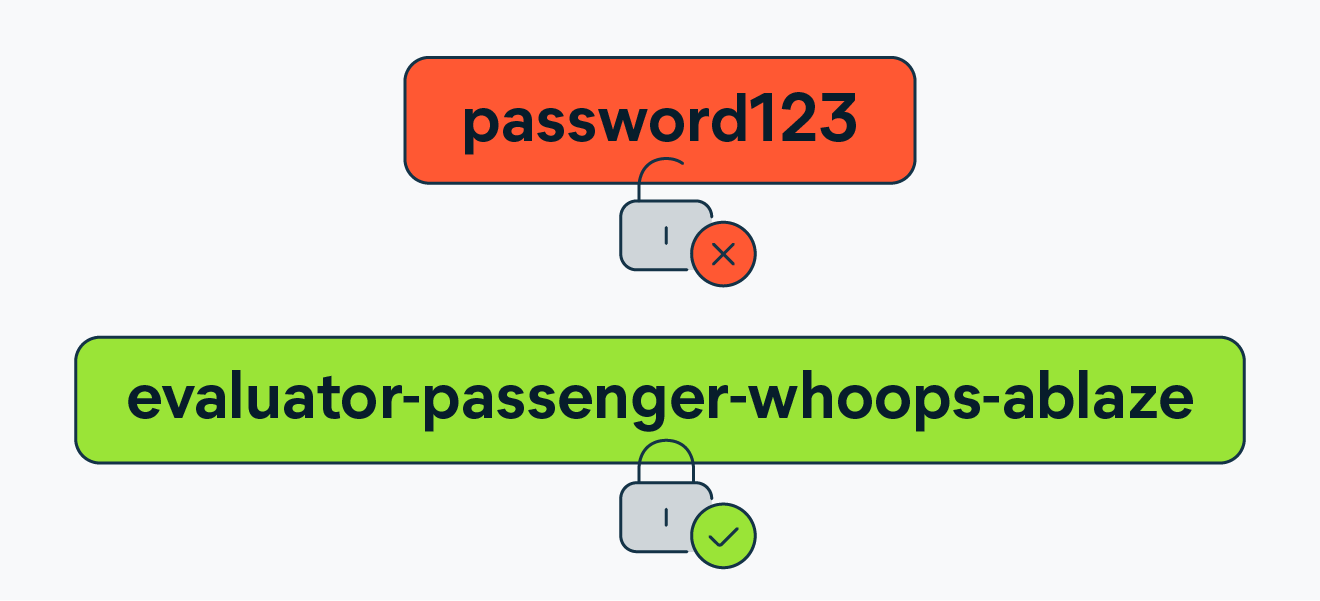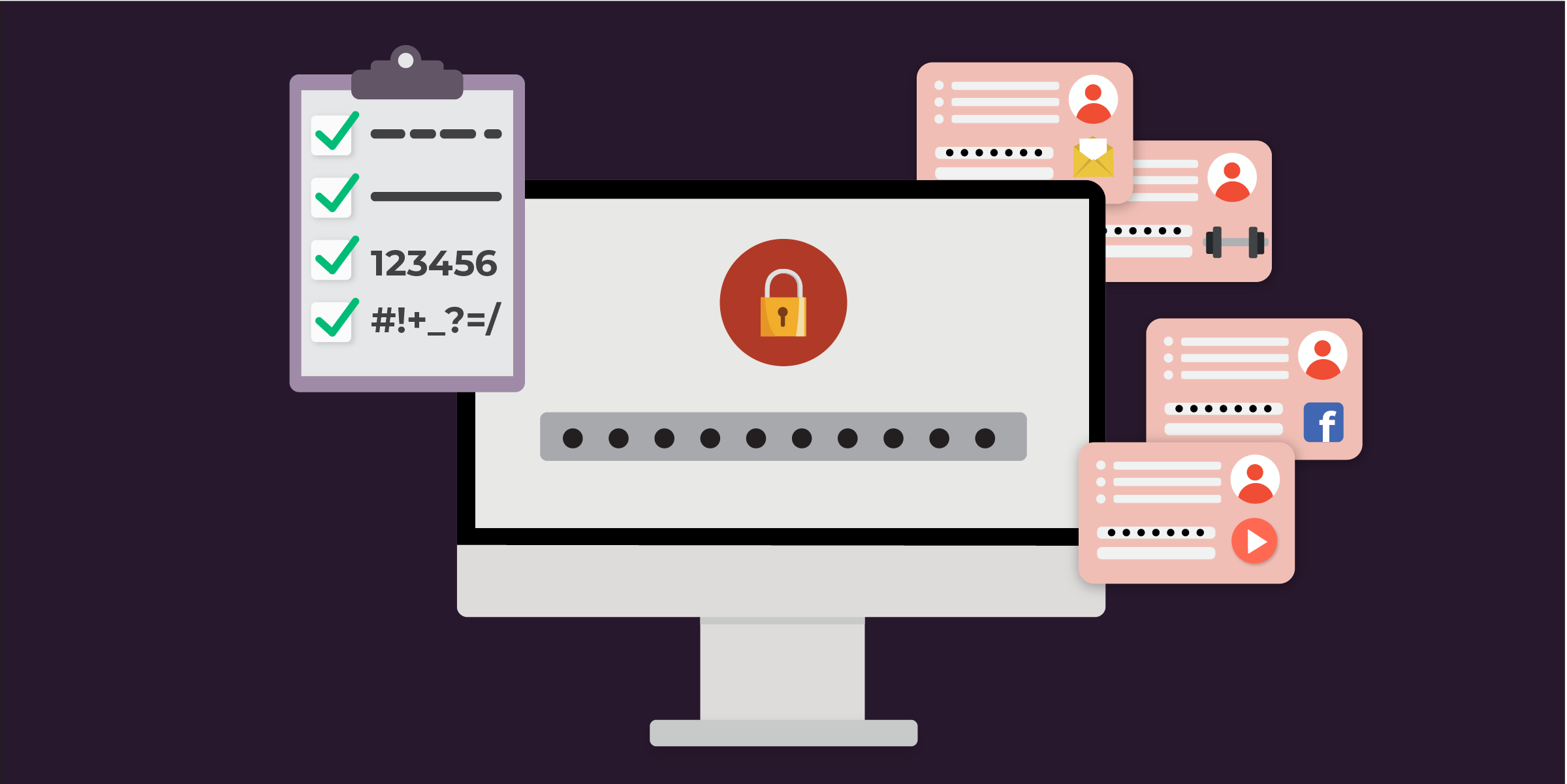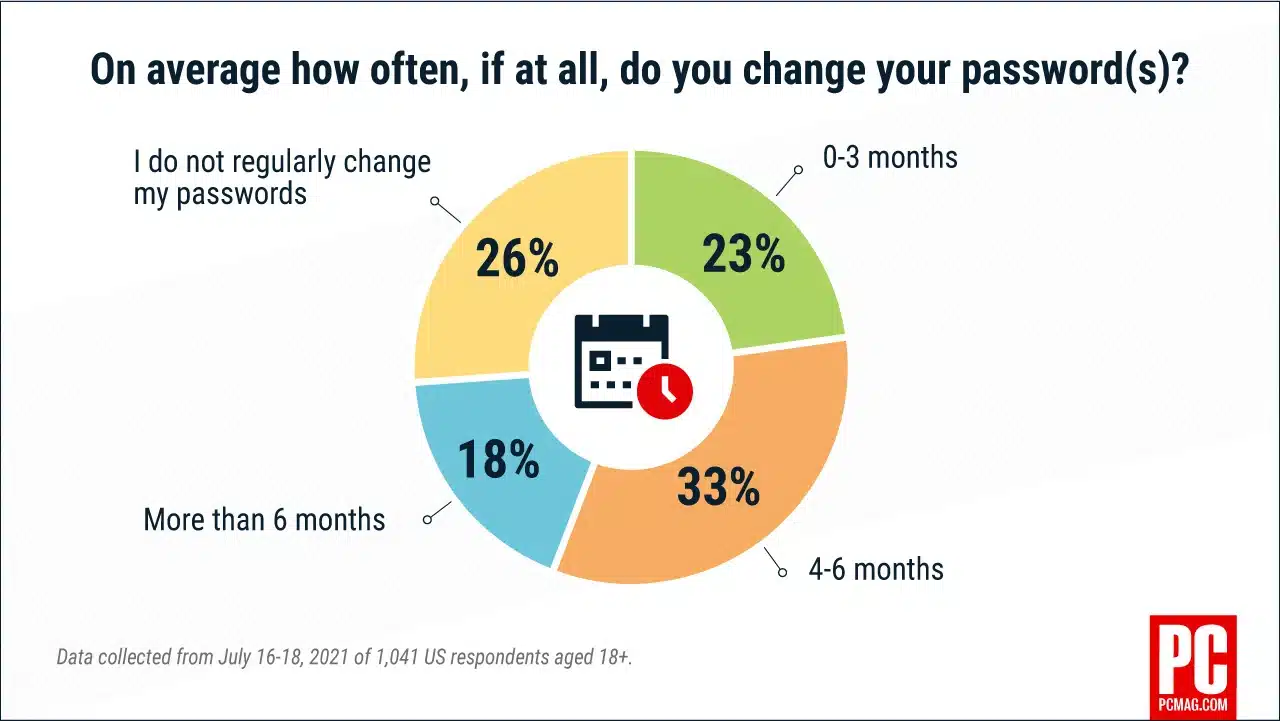In today’s digital age, the security of your online accounts is paramount. With cyber-attacks and data breaches on the rise, it’s vital to strengthen your digital presence with strong and unique passwords. A strong password is your first line of defense against unauthorized access and potential identity theft. This article will guide you through the process of creating and managing strong passwords to secure your online accounts effectively.
Also Read: How to Transfer Data from Android to iPhone (or vice versa)
Why Strong Passwords Matter
A strong password is an essential part of internet security. In today’s connected world, where our digital footprint constantly expands, protecting online accounts has become critical. A strong password acts as a virtual fortress, serving as the first and most important line of defense against an ever-changing array of cyber threats.
Cybercriminals use a variety of tactics to gain unauthorized access to accounts, including brute force and dictionary attacks. Brute force attacks methodically loop through all possible combinations of characters, while dictionary attacks try common terms. As technology advances, attackers gain access to powerful computing resources, accelerating these attacks. This highlights the need to create and maintain strong passwords.
Unfortunately, weak passwords that are easy to guess or found in common dictionaries give attackers an easy way to break into accounts. Popular passwords such as ‘123456’ reduce the barriers for attackers. Attackers also use password databases. This emphasizes the need to create complex, unique passwords that defy prediction. By creating a strong password with a variety of characters, you can strengthen your defenses against this type of attack and protect your online presence.
Creating Strong Passwords
Password length is important: Longer passwords are inherently more secure. As cyber threats become more sophisticated, the length of your password will become increasingly important in fending off potential attackers. A minimum of 12 characters is recommended, but exceeding this limit provides even more protection. Longer passwords offer a greater number of possible combinations, making them much harder to crack using brute force or other hacking techniques.
Combine character types: A strong password should include a combination of uppercase and lowercase letters, numbers, and special characters. This variety increases the complexity of your password and provides a maze for attackers to navigate. A mix of characters also widens the search field, making it more difficult for fraudulent attempts to access your account.
Avoid common words and patterns: Choosing a password that is not based on easily guessed information is important. Cybercriminals can easily abuse personal information such as your name or date of birth. It’s also important to avoid predictable patterns such as ‘123456’ or ‘aaaaaa’. These patterns expose your password to dictionary attacks and other automated hacking techniques.
Passphrases: Using passphrases is a clever way to improve the security of your password. Creating a passphrase involves combining random words or a statement with personal meaning. For example, “BlueElephant$JumpHigh” beats the weakness of “Password123”. Passwords offer both difficulty and memorability, balancing security with ease of use.
Unpredictability: Avoid instantly recognizable patterns such as ‘QWERTY’ or ‘123456789’. Because of their predictability, cybercriminals often attack these commonly used sequences. Choosing an unusual combination of characters adds another level of difficulty that defeats standard hacking techniques.
Use password generators: Use online password generators to harness the power of technology. These programs can generate complex and randomized passwords designed to meet security criteria. Password managers sometimes have built-in generators that simplify the process of creating and storing strong passwords. By using such tools, you can ensure that your passwords are truly strong and protected from any risks.
Managing Your Passwords
Password reuse: Never use the same password for more than one account. Using the same password for multiple accounts puts you at great risk. If one account is hacked, all connected accounts are at risk. Every online service you use should be secured with a unique password. This method ensures that even if the security of one account is compromised, the damage is contained and does not spread to your other accounts.
Password manager: Consider using a password manager. These helpful tools offer a comprehensive approach to password security. Password managers use encryption to store your passwords securely, eliminating the need to remember difficult combinations. They go a step further by creating strong passwords tailored to each account’s needs. They also simplify your online experience by auto-populating passwords, reducing your chances of falling victim to phishing attacks that impersonate legitimate websites.
Enable two-factor authentication (2FA) wherever possible. This security technique adds an extra layer of security to the standard password. In addition to your password, you’ll need a second form of verification, such as a unique code assigned to your phone, when you log in. 2FA greatly increases the security of your account by making it much harder to gain illegal access. Even if a cybercriminal gets your password, the second authentication step will thwart them and ensure that your accounts remain secure.
Regularly Updating Passwords
Update default passwords: If a service provides a default password, update it as soon as possible. Manufacturers often use default passwords that are publicly known, leaving your account vulnerable to illegal access. Cyber attackers often use this vulnerability to gain access. Changing your default password to a strong and unique one is a simple but important step to improve the security of your account. This will prevent hostile actors from using known default passwords to gain access to your account.
Update passwords regularly: It is best practice to update your passwords every few months. The digital world is constantly changing, and new hacking tactics appear regularly. Changing your passwords regularly is a proactive defense against evolving threats. Attackers can gain access to your credentials in the event of a data breach. By regularly updating your passwords, you can significantly reduce the window of risk. This proactive approach reduces the potential damage caused by compromised credentials while strengthening your account’s resilience to illegal access.
Protecting Passwords from Prying Eyes
Avoid using public Wi-Fi: Use caution when using public Wi-Fi networks, especially when accessing important accounts. Public Wi-Fi networks are known for their lack of encryption and inherent security vulnerabilities. Data transmitted over these networks can be easily intercepted by hackers, potentially compromising your login passwords and sensitive information. Whenever possible, use a secure and private network or virtual private network (VPN) to ensure your data remains encrypted and secure.
Prioritise using trusted and secure devices when accessing sensitive accounts; devices you own and maintain are more secure than public or shared devices. Ensure your devices are always updated with the latest security patches and software upgrades. These updates often include patches for known vulnerabilities that hackers can exploit. Keeping your security software up to date and using devices you can rely on provides an extra layer of defense against potential breaches, protecting your sensitive data from cyber-attacks.
Conclusion
It is your duty to keep your internet accounts secure. In an age when our lives are inextricably linked to the digital world, protecting our online presence necessitates a proactive approach. Recognizing that you are solely responsible for the security of your accounts is the first step toward bolstering your digital defenses.
You may dramatically minimize the danger of unwanted access and data breaches by generating strong and unique passwords, frequently changing them, and utilizing extra security measures such as password managers and 2FA. In order to combat cyber attacks, a multi-pronged strategy is required. Create strong passwords that dissuade attackers and make their tasks much more difficult. Regular password changes protect against fraudsters’ shifting strategies, which may exploit obsolete credentials.
Use password managers to reduce the hassle of remembering complicated passwords. These programs simplify password management by creating strong passwords that are unique to each account. Implementing two-factor authentication (2FA) creates a strong barrier against illegal access by requiring an additional layer of authentication in addition to your password.
While no solution is perfect, following these recommendations can significantly improve the security of your online presence and allow you to confidently navigate the digital world. It is important to recognize that complete security is not possible in the digital age. However, by following best practices and employing a variety of strategies, you can significantly reduce your exposure to attack. Vigilance, combined with planned security measures, will allow you to confidently navigate the virtual terrain, reducing the risk of compromise and maintaining control of your online identity.



